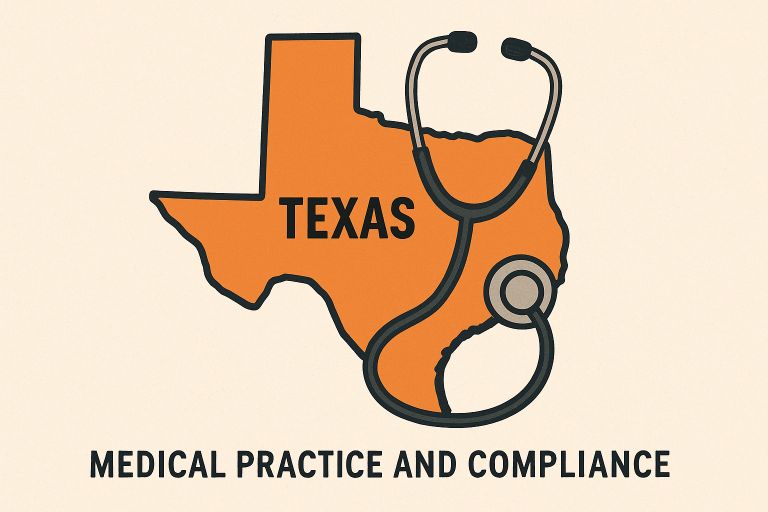Key Takeaways
- Deep dive into the significance and processes of criminal background checks.
- Insight into legal considerations and privacy matters related to candidate screenings.
- The Value of technology in streamlining the background check process.
- Exploring fair chance hiring practices and ethical hiring considerations.
Table of Contents:
- Introduction to Background Screening
- Privacy Rights and Background Checks
- Background Checks and Workplace Safety
- The Cost of Neglecting Background Checks
- Technology’s Role in Streamlining Background Checks
- Fair Chance Hiring Practices
- International Background Checks for Global Employment
- The Future of Background Checks
- Ethical Considerations for Employers
- Conclusion: Making Informed Hiring Decisions
Introduction to Background Screening
In the hiring process, employers are tasked with identifying the most qualified candidates and ensuring that their past actions do not pose a risk to the company or its employees. Criminal background checks emerge as an essential tool in this vetting process, allowing the employer to gain insights into potential legal issues a candidate may have encountered. Pursuing the best criminal background checks requires adherence to strict standards of legality and ethics while providing vital safeguards for the business and its workforce. Employers must balance their right to information with respect for the candidate’s privacy, which demands legal knowledge and discretion.
Privacy Rights and Background Checks
A candidate’s background must be evaluated with an acute awareness of privacy concerns and legal responsibility. The rights of job applicants are protected under the Fair Credit Reporting Act (FCRA), which regulates the use and handling of personal information by reporting agencies and employers. The act is designed to promote the accuracy, fairness, and privacy of information in the files of consumer reporting agencies, and employers must understand and adhere to these guidelines carefully. Transparency during the background check process can foster trust and openness, reducing anxieties and encouraging candidates to disclose their past fully and honestly.
Background Checks and Workplace Safety
Safeguarding the workplace is a paramount responsibility for employers, who must decide wisely when to trust a candidate with the safety of their team and resources. Criminal background checks are not just about due diligence—protecting the company’s culture, integrity, and people. A rigorous screening process can flag critical information indicating potential harm, enabling employers to take proactive measures. Whether it’s about preventing financial fraud, safeguarding against violence, or simply upholding the company’s values, the importance of these background checks cannot be overstated.
The Cost of Neglecting Background Checks
When organizations overlook the importance of a thorough background check, they inadvertently expose themselves to various risks. Instances of negligence can lead to financial losses, legal battles, and severe reputational damage that can take years to mend. Employers that need more comprehensive checks may find that the costs of bad hires far outweigh those of a robust screening process. It is, therefore, wise to view background checks not as a formality but as an investment in the company’s future stability and success.
Technology’s Role in Streamlining Background Checks
Technological advancements have significantly influenced the evolution of background checks. Digital databases and sophisticated algorithms have now made it possible to gather and analyze background information with unprecedented speed and accuracy. The advent of automated screening solutions reduces the likelihood of human error and ensures a nondiscriminatory process. These modern systems provide employers a valuable tool, making vetting candidates less time-consuming while maintaining their commitment to thoroughness and compliance.
Fair Chance Hiring Practices
The concept of fair chance hiring has taken center stage in the employment landscape, with burgeoning support for policies that aim to eliminate barriers for candidates with criminal records. These practices, encapsulated in movements like ‘Ban the Box,’ seek to ensure all individuals have a fair shot at employment opportunities. Supporting such inclusive practices not only enhances workforce diversity but also plays a part in reducing recidivism by providing meaningful work opportunities. Organizations pondering these progressive policies can refer to the National Employment Law Project for guidance on best practices and legal considerations.
International Background Checks for Global Employment
For companies that operate on a global scale, conducting background checks becomes an intricate puzzle of international laws and cultural nuances. Employers must be diligent in understanding the diverse legal landscapes and respect the privacy laws of each country when obtaining background information. The complexities underscore the need for specialized agencies capable of navigating international regulations and ensuring compliant and ethical screening across borders.
The Future of Background Checks
As we move forward, the realm of background checks is likely to continue evolving. Innovations in data analytics, privacy laws, and public opinion will shape the future of employment screening. Employers must be agile, adjusting their practices to accommodate new technological capabilities and legislative shifts. Staying ahead of the curve will mean remaining vigilant and informed about the best practices and emerging trends in criminal background checks.
Ethical Considerations for Employers
Even beyond legal compliance, there is a moral dimension to using background checks in hiring. Employers are increasingly called upon to weigh the consequences of their decisions against the broader implications of social justice and community welfare. The stigma often associated with criminal records can profoundly affect an individual’s chance at rebuilding their lives through gainful employment. Employers are encouraged to consider the potential for rehabilitation and reintegration of individuals into society as a positive force for change.
Conclusion: Making Informed Hiring Decisions
The fundamental principle of informed decision-making is the crux of all these considerations. Criminal background checks can be a gateway to safer workplaces and more equitable employment practices when conducted ethically and legally. By adhering to the highest standards of integrity and fairness, employers contribute to the welfare of their business and the betterment of society as a whole. Ultimately, a balanced approach to background screening best serves the interests of companies, candidates, and communities.







